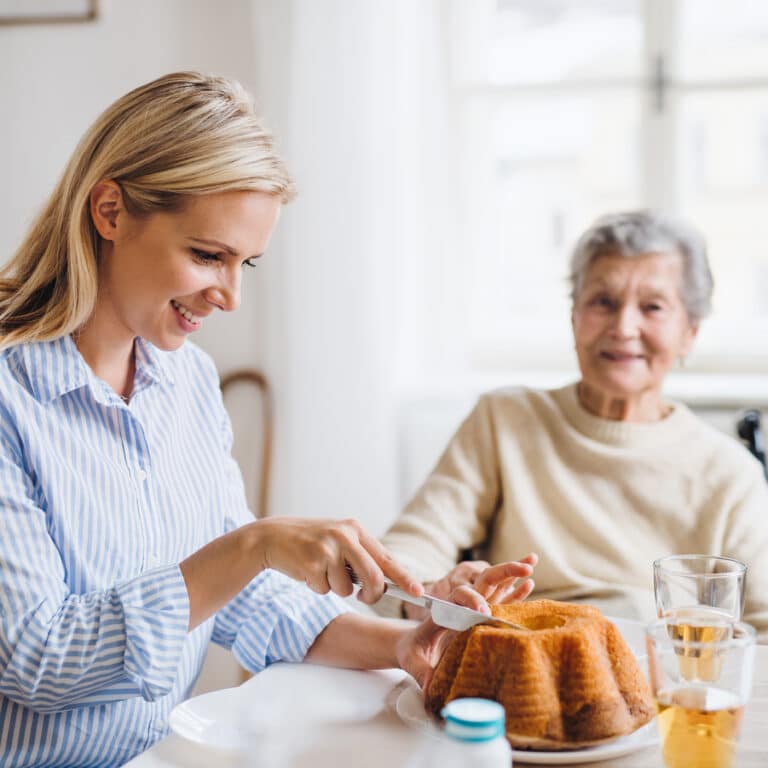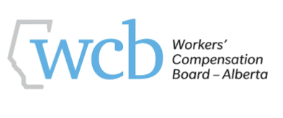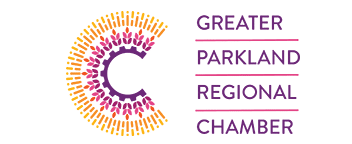All it takes is one slip on a wet floor or one trip over a misplaced shoe and your loved one’s life can be changed forever due to a bad fall. A fall can result in a broken bone, a head concussion, or the start of a serious chronic health problem that will rob their quality of life.
One in four adults older than 65 will fall at some point in their life. While most falls will only result in bumps and bruises, if your loved one has other health complications a fall can be much worse for them than a younger person. Knowing the common causes of falls for the elderly can help you take the steps needed to prevent future falls or at a minimum reduce the risk of them occurring.
Eight Reasons Older Adults Fall
Cluttered Living Environment
If your loved one is living somewhere where the floors are consistently cluttered it will increase the risk of her falling. It can be difficult to maintain a clean home, especially if your loved one has other health issues so having a companion care at home provider visit and help with household chores can help her stay on top of keeping the clutter cleaned up.
Medications
Some medications can cause dizziness or vertigo. Talk to your loved one’s doctor if this is a side effect of her medications, they might be able to try another medication or recommend steps to take to reduce this side effect.
Cognitive Impairment
Dementia and Alzheimer’s also increase the risk of falls. Having someone with your loved one at all times, such as a companion care at home team can help your loved one move around her home safely without falling.
Foot and ankle problems
Feet that are in pain can make our loved one walk in such a way that increases fall risks. A bad heel may make her walk on the side of her foot, increasing the risk that she’ll stumble. Many adults opt to wear shoes in the home to help provide the support their feet need and provide non-slip soles.
Reduced reflexes
Your loved one might no longer be able to quickly adjust when the floor beneath her shifts either due to a sliding rug or slippery puddle, increasing the risk that a small slip becomes a dangerous fall. This is why it’s important to keep the floors clear of debris and tripping hazards.
Unstable blood pressure
In some older adults, their blood pressure changes when they stand too quickly, causing momentary dizziness or loss of focus. Getting up out of a chair or bed suddenly can send them falling to the floor as they lose balance.
Less Muscle Mass
Core strength is important for managing balance. It helps the body adjust to sudden twists and turns as walking through an area or doing any standing-up activity. Age-related muscle loss may increase the risk of falling.
Incontinence
A sudden urge to use the bathroom may cause your loved one to rise too quickly and try to get to the bathroom in a rushed manner, causing her to momentarily forget to turn on lights or avoid trip hazards.
While some risk factors can be eliminated or reduced, if your loved one still struggles with balance and gait, you might consider having a companion care at home to help with the most troublesome areas to keep your loved one safe at home.
If you or an ageing loved one are considering Companion Care at Home in Spruce Grove, please contact the caring staff at Serving Hands Senior Care today. Call (780) 963-1516
Premiere Home Health and Senior Home Care services in Spruce Grove, Stony Plain, Devon, St. Albert, Edmonton, Onoway, Leduc, Parkland County and surrounding communities since 2016.
Source: https://www.nia.nih.gov/health/falls-and-falls-prevention/falls-and-fractures-older-adults-causes-and-prevention
- Getting Everything Done with Gentle Morning Routines - January 28, 2025
- Four Ways To Show Empathy Toward Someone With A Chronic Illness - December 21, 2024
- Encouraging Independence Through Alzheimer’s Home Care - December 6, 2024









